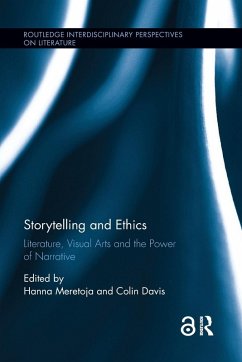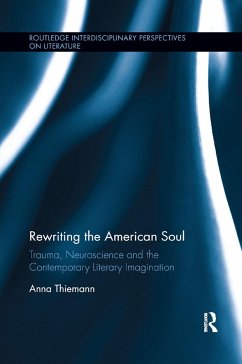
Kazuo Ishiguro and Ethics
Versandkostenfrei!
Versandfertig in 1-2 Wochen
171,99 €
inkl. MwSt.
Weitere Ausgaben:

PAYBACK Punkte
86 °P sammeln!
Kazuo Ishiguro and Ethics addresses the philosophical issues in Ishiguro's fiction, shedding light on the moral condition of his characters: their agency, responsibility and commitment to the good. It investigates his engagement with Platonic and modern philosophy, and his use of cross-cultural myths and allegories.














